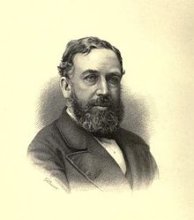Jevons Paradox

This article has been updated at moved to Jevons' Paradox.
Copyright © Sutton Technical Books. All Rights Reserved. 2024.

This article has been updated at moved to Jevons' Paradox.
© 2017-2025 Ian Sutton Technical Books & Modules | All rights reserved
Proudly built in Richmond, VA by Garza Web Design